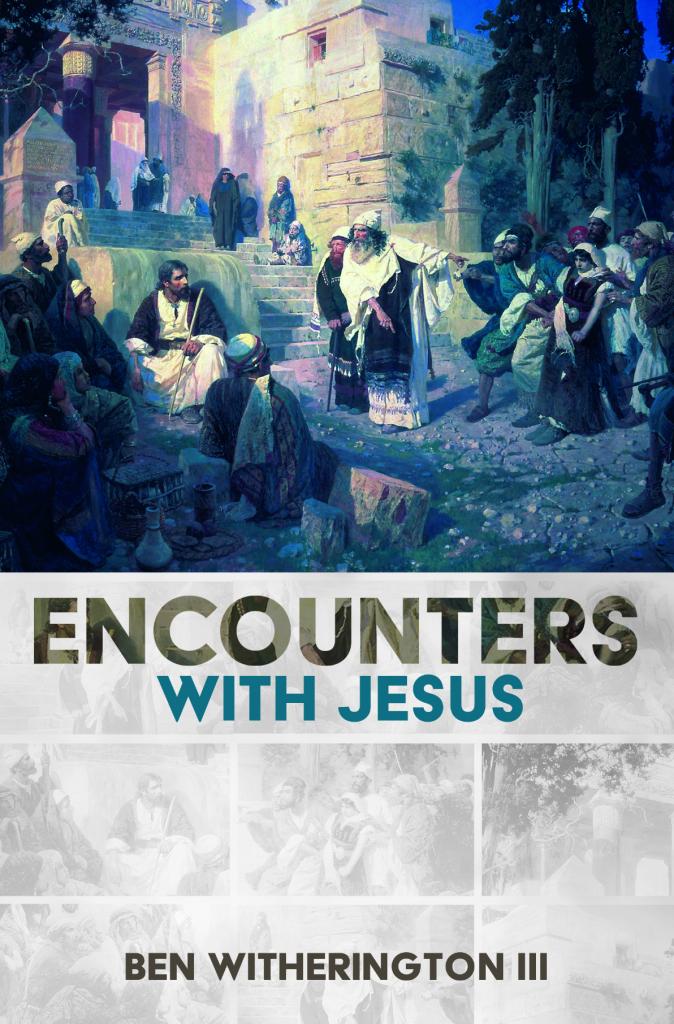This book is in some ways a sequel to ‘The Gospel of Jesus’. In this book I tried to imagine how various of the people who encountered Jesus, both men and women, would have described those encounters and the impressions they left on them. Of course for many, many of them it became a life changing experience. And this of course raises the question— What was it about Jesus that caused that to happen? Was it just the miracles? Was... Read more

















